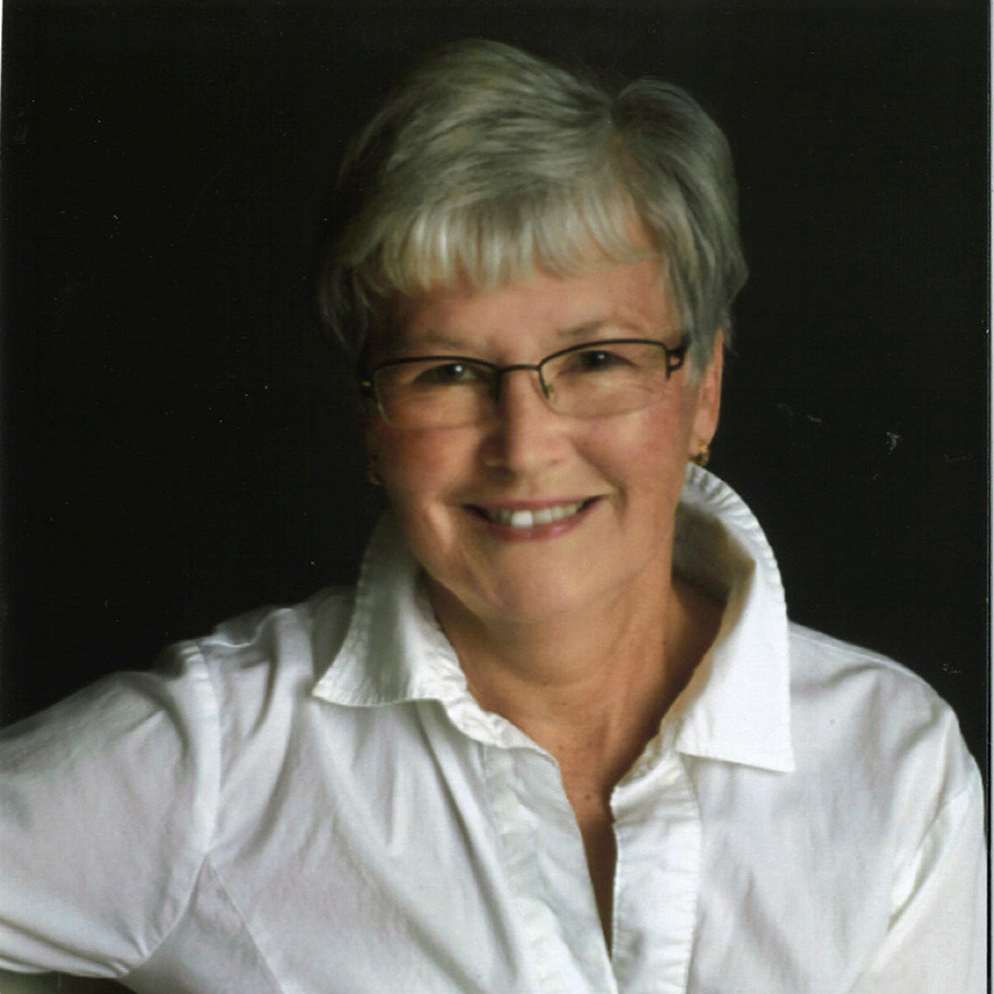
Ten years.
The amount of time it takes to train a surgeon.
The amount of time it takes an employee to qualify for Social Security.
The amount of time it took the U.S. to capture Osama bin Laden after the attacks of Sept. 11, 2001.
A lot can, and does, happen over the course of a decade. And it can be a very long time to wait when you’re searching for answers.
Dolly Hills’ son, Richard “Rick” Hills, disappeared February 2004 near the town of Sterling, Alaska. His remains were discovered in 2005, but were incorrectly identified as those of another missing local man, also named Richard. It wasn’t until September 2014 that the remains would be correctly identified as those belonging to Rick Hills and returned to his family.
“Those ten years were a very painful, horrendous journey of grief,” Dolly said. “I was very bonded with Rick. I could accept that he wasn’t here, but I didn’t have closure, so I couldn’t let go. I did everything to keep my sanity. I tried to eat, but I couldn’t eat. I tried to sleep, but I couldn’t sleep. I felt like I had to live outside my body because inside my body was so painful. Every minute was like an hour, every hour a day, every day a week.”
Dolly found relief through prayer and journaling. And eventually, she wrote a book. “As I wrote, I thought, this might help other parents who have lost children or whose children go missing. My story is ultimately about love, faith, trust, hope, forgiveness and never giving up.”
An original CIRI shareholder of Yup’ik descent, Dolly never set out to be a writer. She began life in Dillingham, Alaska, and grew up in the nearby village of Levelock.
Dolly’s family lived a subsistence lifestyle, with occasional treats from the small village store. She attended a one-room schoolhouse through sixth grade, after which time her family relocated to the Kenai Peninsula. Dolly married her husband, Tom, and raised her two sons in the town of Soldotna. She worked in the retail, banking and fishing industries, and was employed as an office manager during most of her career.
Dolly describes the faith that helped see her through her son’s disappearance as “more of a Christian faith,” but says she was raised around tribal beliefs and it’s something she’s always appreciated. “For instance,” Dolly explained, “you listened to your Elders like they were your parents. And you did not waste anything. We saved things like twine and wrapping paper; no food ever went to waste. You don’t think anything of it when you’ve living it, but when you tell your grandkids about what your life was like, their eyes get really big!”
Dolly’s book, “A Mother’s Tears for A Missing Son: A Challenging Spiritual Experience,” was published in October 2017. She began promoting the book this spring.
Dolly describes her son, who was 35 years old at the time of his disappearance, as “very sociable, likable and nice looking. He had a great big smile and was very free spirited. He’d give the shirt off his back to help anyone.” Though the cause of Rick’s death was never confirmed, “we do have a sense of closure now,” Dolly said. “You never forget, but time helps. Life is better today.”
The Atlantic did an excellent in-depth investigative piece on the disappearance of Rick Hills in its April 2016 issue. The article, “In the Land of Missing Persons,” can be accessed online for free.
“A Mother’s Tears for a Missing Son” is available for purchase at local Alaska bookstores and on Amazon.com. For more information, visit amotherstears.net.


